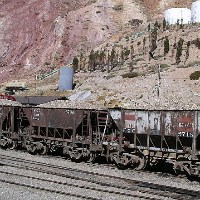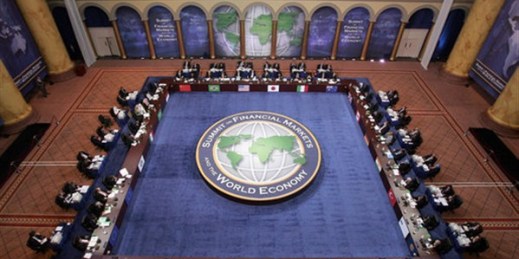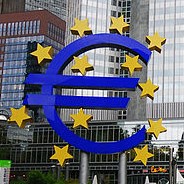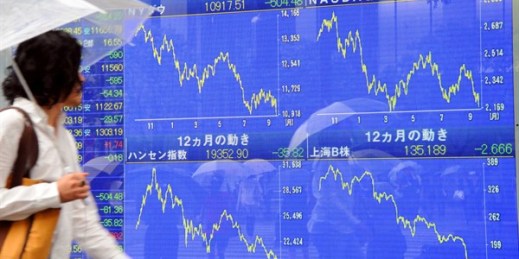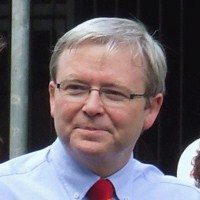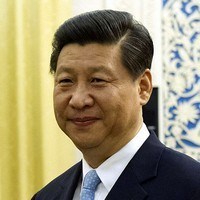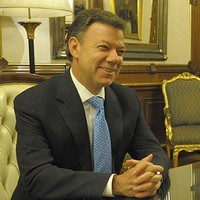
Protests spread across Colombia this week, with poor rural workers blockading highways and clashing with police and numerous labor unions declaring a national strike to express a wide range of grievances. The protests, which now involve farmers, miners, teachers and health care workers all putting forth different demands, are linked by a sense that the economic growth Colombia has experienced over the past decade has not been distributed fairly. The protests are occurring while the government of Colombian President Juan Manuel Santos seeks to conclude a peace deal with the leftist Revolutionary Armed Forces of Colombia (FARC), the country’s largest […]

